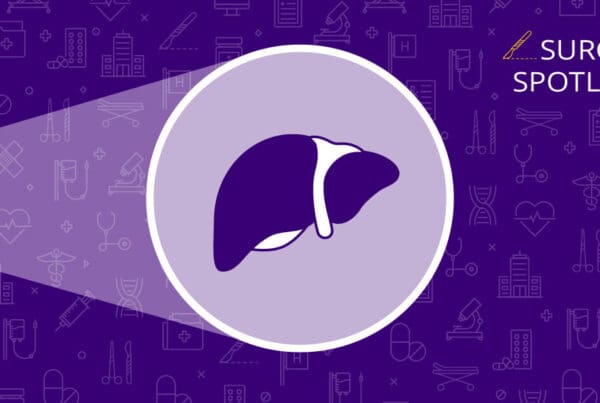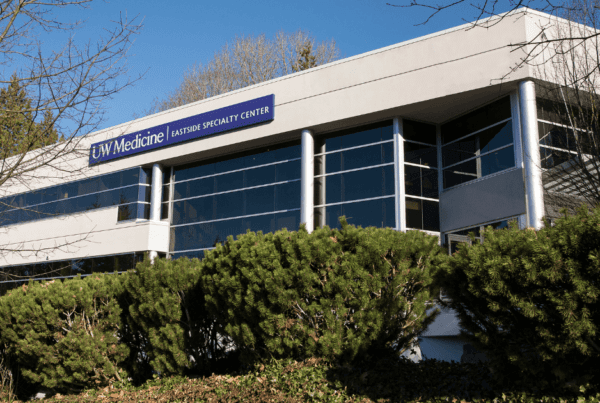Highlights | Care for sexual assault survivors
- The Harborview Abuse & Trauma Center provides medical care for sexual assault survivors.
- HATC’s role in the community also includes trauma counseling, sexual assault prevention and training for medical and mental health providers.
- The sexual assault nurse examiner (SANE) program employs trauma-informed nurses to examine survivors.
- The exams are free of charge, including medications and optional follow up.
- SANE nurses care for all survivors, regardless of legal actions taken (or not).
- Respectful care can help set a survivor on the path toward recovery.
April is Sexual Assault Awareness Month, which is important to note because sexual assault is still a huge problem in our society.
According to the National Sexual Violence Resource Center, nearly every 1 in 5 women and 1 in 71 men have experienced rape, not to mention the sexual violence perpetrated against transgender and nonbinary individuals.
Also troubling is that many people don’t get help after they have been assaulted, despite being at higher risk for mental health issues such as anxiety, depression and post-traumatic stress disorder (PTSD) as well as substance abuse and suicidality.
That’s where the Harborview Abuse & Trauma Center (HATC) comes in.
A history of community engagement
HATC’s history dates back to the 1970s. They changed their name last year from the Harborview Center for Sexual Assault and Traumatic Stress to better reflect their mission and the fact that, while care for sexual assault survivors is the heart of their work, the team also cares for adults and children who have experienced other traumas.
Along with providing care for survivors of all kinds, HATC also manages several community programs and initiatives that work to prevent sexual assault. The team at HATC also offers training to providers throughout Washington state and beyond.
The SANE program
The core of HATC’s care for survivors is the SANE nurse program, which has existed since 1999. Sexual assault nurse examiners, or SANE nurses, are on-call to respond to survivors who show up at an emergency department.
HATC employs 30 SANE nurses to respond to calls from six King County hospitals: Harborview, UW Medical Center – Montlake and Valley Medical Center, along with Seattle Children’s, Swedish First Hill and Virginia Mason. UW Medical Center – Northwest is set to join this summer.
When a survivor arrives at a hospital, a social worker trained in trauma-informed care visits with them first to find them a private room and do an initial screening. Then, they page a SANE nurse, who responds to the hospital within roughly 45 minutes.
An exam with a SANE nurse, plus an optional follow-up appointment, are free of charge and available to anyone regardless of whether or not they wish to file a police report.
“Our program is one of the few programs that offers a follow-up appointment,” says Annette Simpson, RN, a SANE nurse at HATC. “Many hospitals in the state struggle to staff a 24/7 SANE program.”
Restoring trust and autonomy
SANE nurses are specifically trained to provide care to people who have experienced trauma, which means they ask for consent before they do each part of the examination. They also know how to relate to patients without using victim-blaming language.
“Patients direct the care. We definitely want to restore the power that was taken away from them. We don’t do anything to them without their consent,” says Simpson.
Each exam takes as long as it needs to, since the SANE nurse has no other patients to get to next.
SANE exams include a head-to-toe physical examination and not anything physically painful, Simpson says. SANE nurses also help survivors address medical concerns, provide medications at no charge to prevent STIs or pregnancy, help with legal questions and advocacy, and connect the patient with options for therapy and resources to make sure they have a safe place to return to.
Patients are also offered an optional, free follow-up appointment at HATC.
“Having someone treat you with validation and care and respect really sets the trajectory for a better recovery. We want everyone to know that it’s safe to come and get these exams. No one should suffer alone,” says Simpson.
Other resources for survivors
- Learn more about HATC.
- Find sexual assault medical care in your county.
- Call the Rape, Abuse, & Incest National Network (RAINN) hotline at 1.800.656.4673 or chat online.
- Watch a video of a simulated SANE nurse exam.
- Read what it’s like to be a SANE nurse.
- Read about healing after sexual assault.


